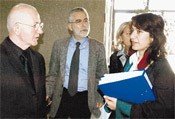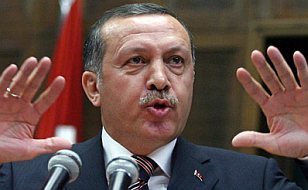What is 'Dangerous' about Minority Report?
Prof. Dr. Ibrahim Kaboglu and Prof. Dr. Baskin Oran had been tried for, and then acquitted of, "inciting to hatred and hostility" with the publication of the Minority Rights and Cultural Rights Working Group report. A court of appeal has now overturned the acquittal.
Kaboglu is sure that the decree will be overturned in Strasbourg (i.e. at the European Court of Human Rights), but his deepfelt wish was that it would be overturned in Ankara.
Little hope for freedom of expression
According to the professor, hope for the freedom of speech existed in judges such as the Penal Judge Avni Mis, who had decreed the initial acquittal, as well as Appeals Judge Hamdi Yaver Aktan, who had voted against overturning the acquittal. Kaboglu added, "A change of attitude will take a long time."
Yavuz Önen, the president of the Turkish Human Rights Foundation (TIHV), which had put its signature to the report, protested against the fact that two academics could be tried for up to five years imprisonment for writing about issues in the report which were being discussed in the preparation of a "civil" constitution now.
He was referring to the concept of "Turkish Republic Citizenship" which has been included in the draft for a new constitution. This does not sound very different from the suggestion that Kaboglu and Oran had made, when they put forward the concept of "Turkey-ness" (meaning in effect citizenship of the Turkish Republic) as a "supra-identity".
Constitution does not guarantee freedom of expression
Kaboglu also commented on the "interesting coincidence" that the concept in the constitutional draft was being published at the same time as their court acquittal was being overturned: "It has been shown clearly once again that it is even more important to get rid of legal decisions which turn the freedom of thought and expression into crimes than to rewrite the constitution."
Similarly, Önen said, "This example shows that it is not enough to enshrine human rights in the constitution; they have to be internalised and applied by all the institutions of the country."
The 8th Penal Chamber of the Supreme Court of Appeals had said in its justification of the overruling: "In the report, a redefinition of the term 'minority' will represent a danger to the unitary state and the indivisibility of the nation."
"No justification of 'danger'"
In a written statement, Kaboglu reacted to this interpretation of the report as "dangerous": "There was no justification given for this evaluation and no proof whatsoever of whatever danger was supposed to have emerged."
Same article used in Gaziantep
Kaboglu and Oran had been tried under Article 216/1. The same law has been used in Gaziantep, in the south-east of Turkey, where journalist and newspaper owner Yasin Yetisgen is on trial under Article 216/1 for publishing an article containing the expression "Northern Kurdistan" in his weekly local "Coban Atesi" (Shepherd's Fire) newspaper.
The controversial sentence reads, "With a population of nearly two million, Antep is the biggest metropole of Northern Kurdistan."
Yetisgen and Hursit Kassikkirmaz, the journalist who wrote the article, will both be on trial from 4 October. The trial will take place at the Gaziantep 10th Penal Court. (EÖ/AG)
BİA MEDIA MONITORING REPORT 2024
The government made journalists' lives a living hell in 2024
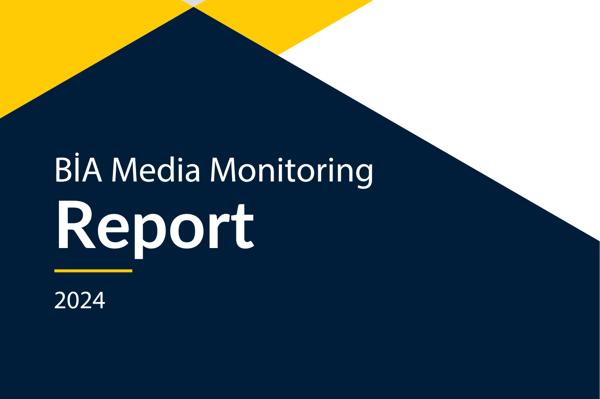
BİA MEDIA MONITORING/OCTOBER-NOVEMBER-DECEMBER 2024
Truth concealed through repression from all sides targeting journalists
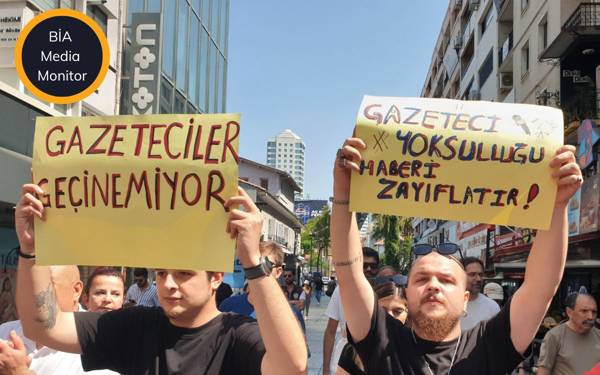
BİA MEDIA MONITORING REPORT
Just silence the journalist, and I won't touch you!

BİA MEDIA MONITORING APRIL-MAY-JUNE 2024
Journalists are on the target and have no legal security anymore!
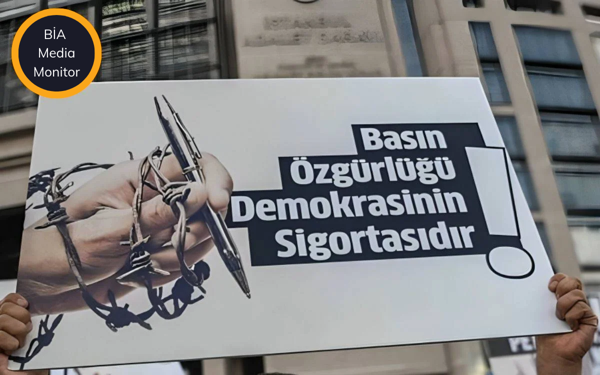
BİA MEDIA MONITORING REPORT
The era of 'judicial control' confinement and torture in journalism







